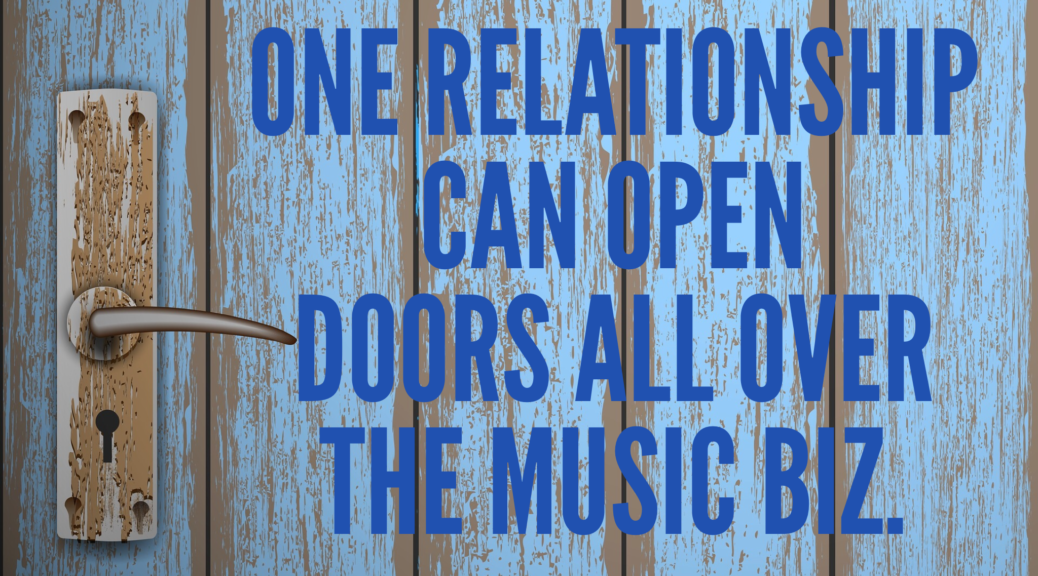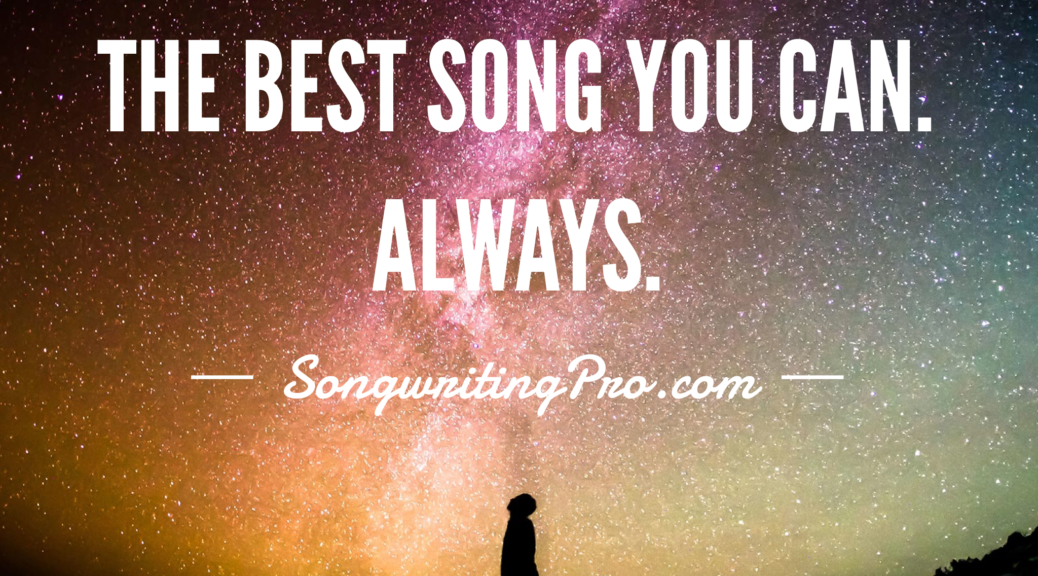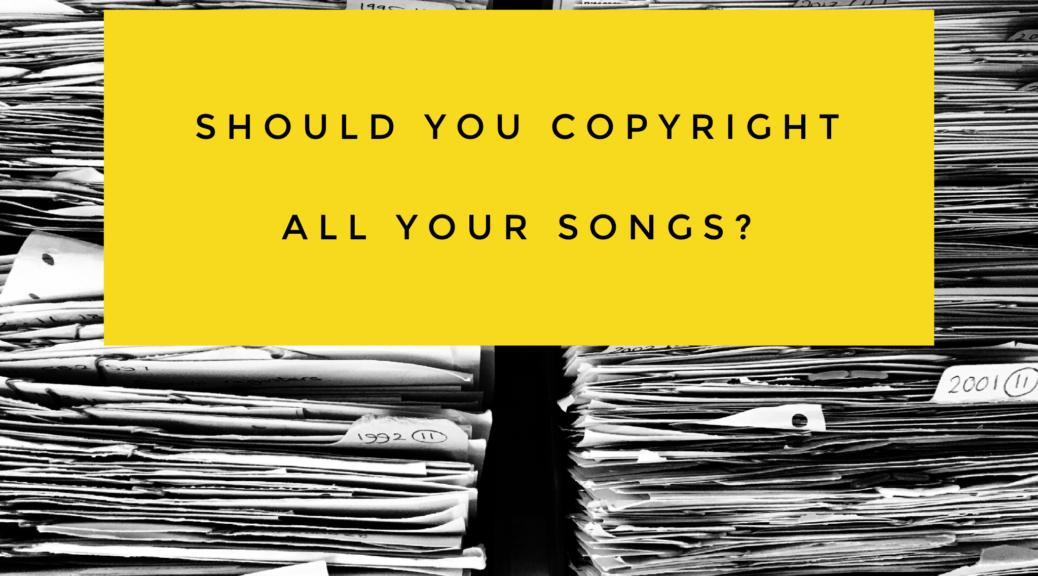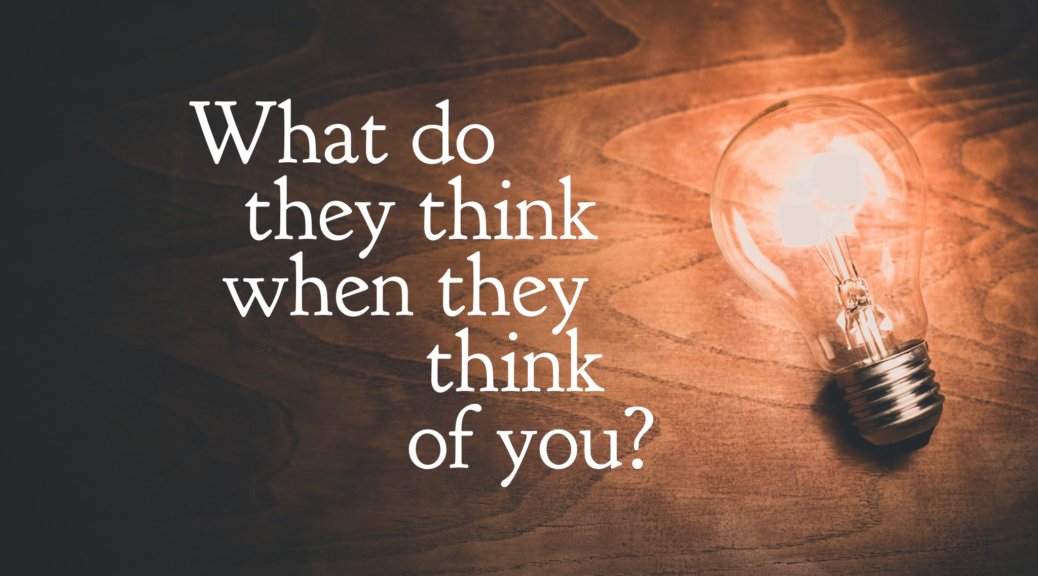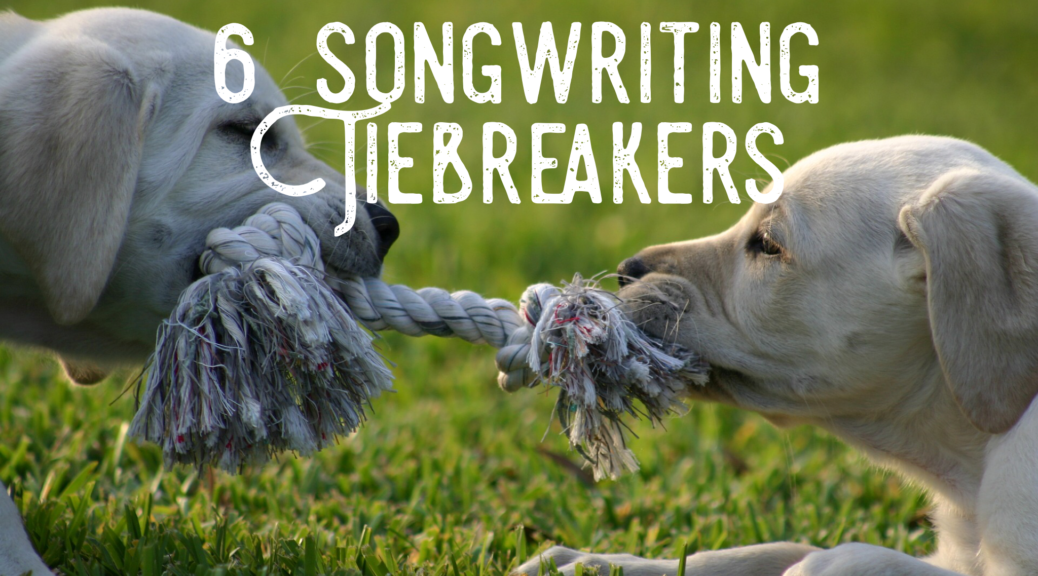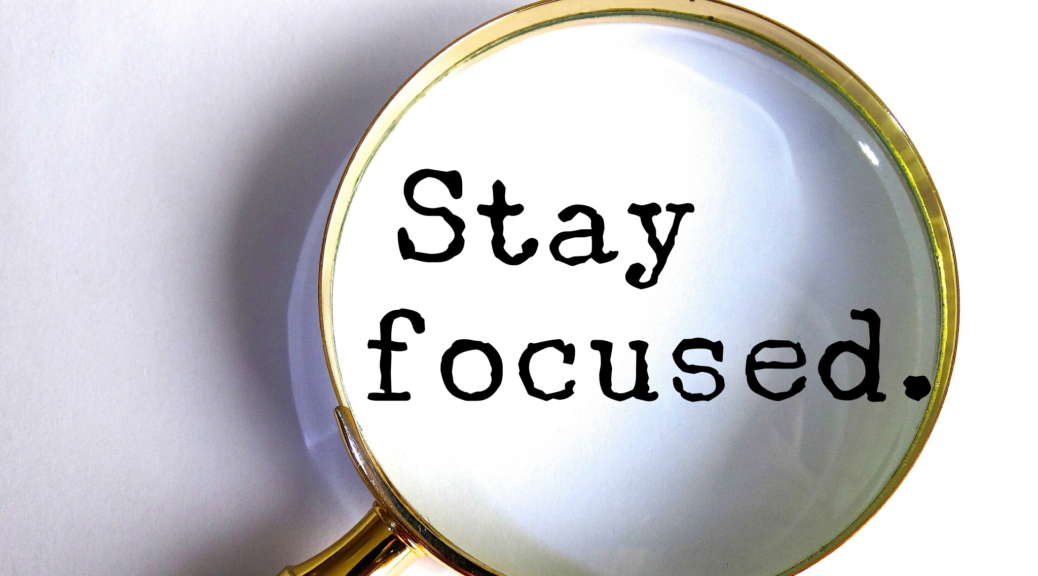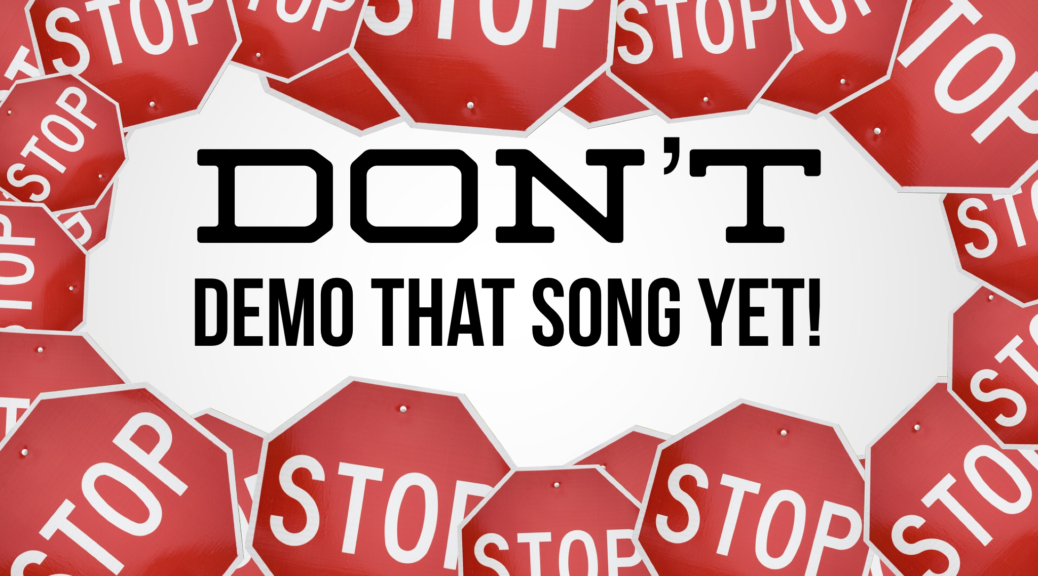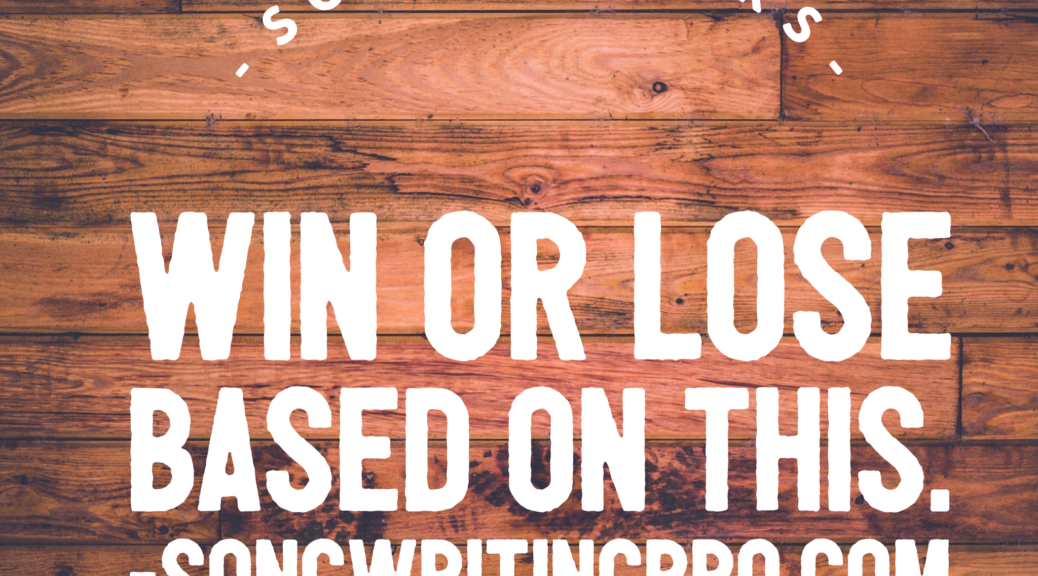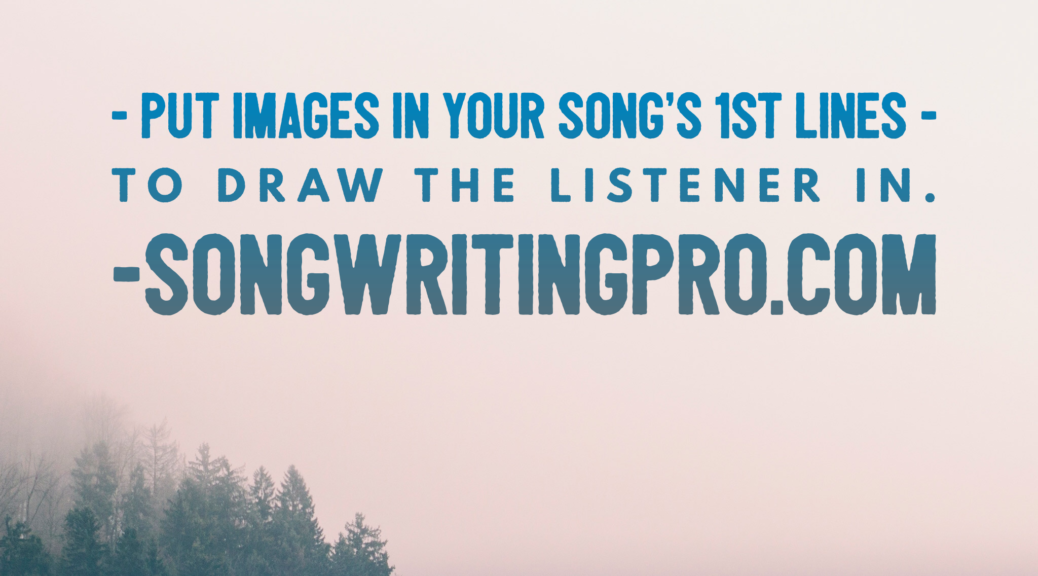
Trying to connect with pro songwriters in towns like Nashville can feel like standing knee-deep in a river and dying of thirst.
Pros are all around you- you see them at the coffee shop, walking up and down the sidewalks of Music Row, at lunch in midtown, and out at songwriter nights. But it’s also like they’re hundreds of miles away. And what if you live out of town, and they literally ARE hundreds of miles away. How do you connect?
Maybe someone can introduce you.
________________________________
To BE a pro, you need to THINK like a pro, and this FREE ebook will help transform your thinking, your songwriting, and your success. Get it today!
_________________________________
I know. “Have someone introduce you.” Easier said than done, right? But here are some people who have the possibility of connecting you to a pro. By “connecting,” I don’t necessarily mean booking a cowrite. I mean anything from “Bill Hitmaker, this is Manny Row,” to “Bill, you and Manny should write sometime!” to “Manny, let me book you with Bill.”
1. Your PRO Rep
If you’re a member of ASCAP, SESAC, or BMI, try to get a meeting with a membership representative. If you can make a fan out of him (or her), he might connect you with some other up-and-coming songwriters. Absolutely blow your rep’s mind, and he might connect you to a pro.

2. A Music Publisher
If a publisher really digs what you do, he/she might book you with some pro cowrites. Of course, connecting with a publisher isn’t easy. But I’ve written about that before. CLICK HERE to learn how to get on a music publisher’s radar (in my FREE ebook “Think Like A Pro Songwriter“).

3. Industry Contacts
Pro songwriters know people at organizations like NSAI and Global Songwriters Connection. As the folks at these places get to know you (and become a fan of your writing and of you as a person), they may just grab you one day and say, “I want you to meet Bill Hitmaker. Bill, this is Manny Row…” Those kind of personal introductions are great.

4. Other Songwriters
Who do your current cowriters and songwriting friends know? Who are their cowriters? Maybe you can arrange a lunch or (better yet) a cowrite between the three of you.
But don’t expect your cowriters to just do you a favor. Make it easy on them by presenting an amazing idea or melody that you want to write with a pro. It could be pretty attractive for your cowriter to hook up your amazing idea/melody with an established pro who has connections. Your cowriter wins by bringing both sides value and being in the room, too. And “great idea” + “pro songwriter” increases his chances of a cut, so he should be happy to get all three of you together.

5. Personal Relationships
If you live in Nashville, odds are you know somebody who knows a pro songwriter. Don’t abuse your friendships, but do be on the lookout for opportunities to meet those pros. Maybe it’s at your kid’s birthday party. Maybe it’s at a Christmas party. Maybe it’s at the corner sports bar. Or at church. You never know. Just be aware of the situation, and act appropriately. And be patient. Nobody wants a CD slammed in their hand at the neighborhood swimming pool.

Please remember that all of these people don’t just exist to solve your problems and make you happy (you don’t even exist for the sole purpose of making yourself happy, but that’s for more of a theological post…). You have to be patient. Don’t just walk in these folks’ doors and expect them to pick up the phone and call a pro on your behalf. It’s a big compliment for someone to make a professional introduction. Treat it- AND THEM- with respect. Build a relationship.
Hopefully, these folks will become a fan of both you and your songs. If it’s not happening, keep working to write better songs. Also, take a look at how you present yourself. Are you coming off as too aggressive, too negative, too desperate, too unprofessional, etc.? Every time a person makes a contact/recommendation on your behalf, it’s a reflection on them. Do your best to make them look good by introducing people to you! Now… on to #6!
6. Frettie & Songwriting Pro
That’s right, part of the mission of Frettie.com and Songwriting Pro is to connect YOU to the pros. I don’t want to just give you ADVICE, I want to give you ACCESS.

At least every quarter, I host Frettie’s “Know The Row,” with an industry pro. And our next event is coming up in May with music publisher, Joe Dan Cornett of Daywind Music!
This is your chance to sit down face-to-face (online) with a real-deal professional music publisher. Joe Dan, a Nashville native, is Creative Director at Daywind Music Publishing where he serves the staff writers and works within the Southern Gospel, Mainstream Country, and Worship/CCM markets. He has worked in several different facets of the music industry, which range from major market rock and country touring to the Film and TV department at BMI. He also serves as the Worship Pastor at his church. His heart is to serve others and to help guide “creatives” towards their goals and aspirations.
You and I BOTH want to hear what Joe Dan has to share.
Here’s the deal. You can join us online from anywhere in the world on Tuesday, May 14, 2019 from 7:30pm-8:30pm Central time. And this special event is FREE to subscribers of Frettie.com!
CLICK HERE TO GET ALL THE DETAILS & MEET MUSIC PUBLISHER JOE DAN CORNETT.

Brent Baxter is a hit songwriter with cuts by Alan Jackson, Randy Travis, Lady Antebellum, Joe Nichols, Gord Bamford, Ruthie Collins, Ray Stevens, and more. He’s written a top 5 hit in the US, a #1 in Canada & a top 10 in Texas… so far.

